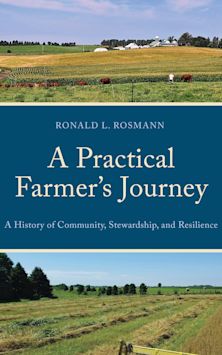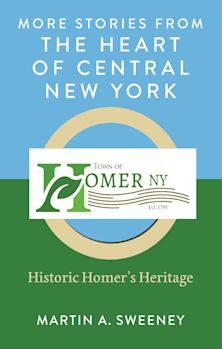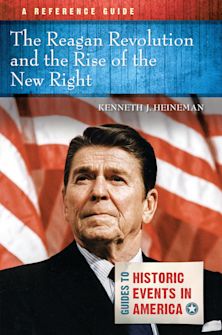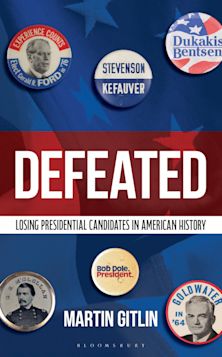Conservative Americanism
Nativism, Unionism, and Slavery in Border South Politics, 1854–1861
Conservative Americanism
Nativism, Unionism, and Slavery in Border South Politics, 1854–1861
This product is usually dispatched within 1 week
- Delivery and returns info
-
Free CA delivery on orders $40 or over
Description
Conservative Americanism: Nativism, Unionism, and Slavery in Border South Politics, 1854-1861 explores the rise of Conservative Americanism-an ideology that linked the worsening sectional crisis of the 1850s to the country's growing immigrant population-among former Whigs in the Border South. Jesse George-Nichol challenges the prevailing wisdom that Unionism, rather than genuine nativism, drove these Southerners to join the nativist Know Nothing or American Party. She argues that Southern nativism and Unionism were inextricably linked, bound by a conviction that foreigners and foreign ideas posed a threat to slavery. Southern moderates understood that immigrants were responsible for the growing political imbalance between the free and slave states, and after the Kansas-Nebraska crisis, they came to believe that foreign radicalism was central to the mounting animus against slavery in the North and West. These Southerners increasingly saw the sectional conflict as one that not only pitted Northerners against Southerners and freedom against slavery, but also as a collision between native American moderation and foreign fanaticism. This perception continued to motivate Southern Know Nothings through the election of 1860, the secession crisis, and beyond. This book sheds new light on the relationships between conservatism, nativism, Unionism, and slavery in Border South politics before the Civil War. George-Nichol thus argues that understanding Southern nativism is essential to understanding Southern Unionism in the Civil War-era.
Table of Contents
Introduction
Chapter 1: The Rise of Conservative Americanism, 1854?1855
Chapter 2: Slavery and the National American Party, Summer 1855
Chapter 3: A Conservative American Party, 1855?1856
Chapter 4: The Election of 1856
Chapter 5: Political Realignment, 1857?1859
Chapter 6: The Constitutional Union Party
Chapter 7: Compromise and the Secession Crisis
Conclusion
Bibliography
About the Author
Product details
| Published | Dec 11 2024 |
|---|---|
| Format | Hardback |
| Edition | 1st |
| Extent | 312 |
| ISBN | 9781666923339 |
| Imprint | Lexington Books |
| Illustrations | 7 BW Photos |
| Dimensions | 229 x 152 mm |
| Series | New Studies in Southern History |
| Publisher | Bloomsbury Publishing |
Reviews

ONLINE RESOURCES
Bloomsbury Collections
This book is available on Bloomsbury Collections where your library has access.

































